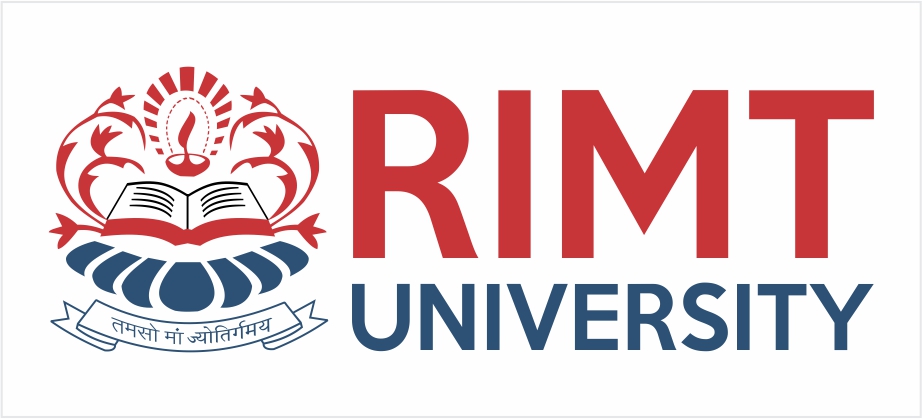About Programme
MA in Sociology helps a student understand the nuances of the human society. It helps develop an understanding of how human society originated and its various evolutionary stages. An MA in Sociology prepares individuals with a better understanding of the frameworks of societies and communities around the world, thus making them adept at understanding how organizations work in the contemporary setting.
Eligibility & Admission
Pass in Graduation in respective or allied subjects.
| PROGRAM FEE | AMOUNT |
|---|---|
| Application Fee (One Time) | 1,000/-INR |
| Registration Fee (One Time) | 10,000/-INR |
| Security (One Time – Refundable) | 8,000/-INR |
| Semester Fee | 37,000/-INR |
Scholarship
| Marks in Graduation | Scholarship Per Semester | Applicable Fee After Scholarship Per Semester |
| 60% / 6CGPA and Above | 30% | 25,900/-INR |
| Disability Level | Scholarship Per Semester | Applicable Fee After Scholarship Per Semester |
| 90% & Above 90% | 30% | 25,900/-INR |
| 75% & Below 90% | 20% | 29,600/-INR |
| 50% & Below 75% | 10% | 33,300/-INR |
| Category | Scholarship Per Semester | Applicable Fee After Scholarship Per Semester |
| Wards of Param Veer Chakra | 30% | 25,900/-INR |
| Winners of Maha Veer Chakra | 20% | 29,600/-INR |
| Winners of Veer Chakra | 10% | 33,300/-INR |
| Work Tenure | Scholarship Per Semester | Applicable Fee After Scholarship Per Semester |
| More than 5 years continuous service | 30% | 25,900/-INR |
| 1 Year – 5 Years continuous Service | 20% | 29,600/-INR |
| Category | Scholarship Per Semester | Applicable Fee After Scholarship Per Semester |
| Single girl child | 20% | 29,600/-INR |
| Category | Scholarship Per Semester | Applicable Fee After Scholarship Per Semester |
| Parentless | 30% | 25,900/-INR |
| Either fatherless or motherless provided the annual family income is less than 2.5 lakh | 20% | 29,600/-INR |
Programme Education Objectives (PEOs)
- PEO1 Students of Sociology during the learning process in M.A., they get scientific knowledge about society, its institutions and functions, theoretical and practical knowledge of sociology to work in society.
- PEO2 Since society is the wider laboratory in which sociological knowledge is produced and refined. Knowledge orientation and skill development are developed through fieldwork.
- PEO3 Indian society is heterogeneous which needs understanding for betterment. The courses develop critical understanding and interpretation of the social realities. It also helps students to acquire skills that will be useful to them in their personal and professional life.
Programme Outcomes (POs)
- PO1 Understanding the nature of society, community, organisation, institutions, and associations operating at local as well as global levels.
- PO2 Comprehension about the interaction between social, economic, and political factors and their importance for rational decisionmaking while living within a society.
- PO3 Analytical ability to apply sociological concepts and theories to a real-world situation and to understand the dynamics of everyday lives.
- PO4 Analytical abilities to undertake sociological research to understand the factors responsible for social change and transformations within different societies at the local and global levels.
- PO5 Comprehension of the nature of social development processes necessary for building an inclusive society.
- PO6 Rational outlook as an enlightened citizen by comprehending social, cultural, and ethical values necessary for nation-building and for achieving sustainable development of Indian society.
- PO7 Knowing the nature of local and international organisations, communities, institutions, and associations.
- PO8 The capacity to show how occurrences are understood from a sociological perspective.
- PO9 Social institutions, cultural practices, social structures, and other axes of difference and inequality all have an impact on an individual’s biography.
- PO10 The capacity to integrate social ideas and theories into reality and, eventually, their daily lives
- PO11 With the courses, students learn to critically analyse and comprehend social reality.
- PO12 Institutions, folkways, mores, culture, social control, social inequality, population composition, population policy, society, and culture of India are all topics that students must study.
Programme Specific Outcomes (PSOs)
- PSO1 Sociological Understanding: The ability to demonstrate sociological understandings of phenomena, for example, how individual biographies are shaped by social structures, social institutions, cultural practices, and multiple axes of difference and inequality.
- PSO2 Better understanding of real life situations: The ability to apply sociological concepts and theories to the real world and ultimately their everyday lives.
- PSO3 Ethical and Social Responsibility: Students have to learn about institutions, folkways, mores, culture, social control, social inequality, population composition, population policy, society and culture of India. All these help to instill among the students of Sociology a sense of ethical and social responsibility.
Career Prospects
MA in Sociology imparts knowledge about the society and its mechanism hence making these graduates fit for roles which include directly dealing with public and individuals.
